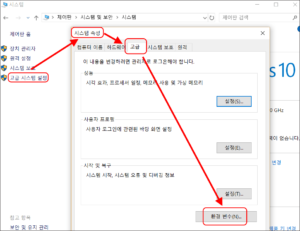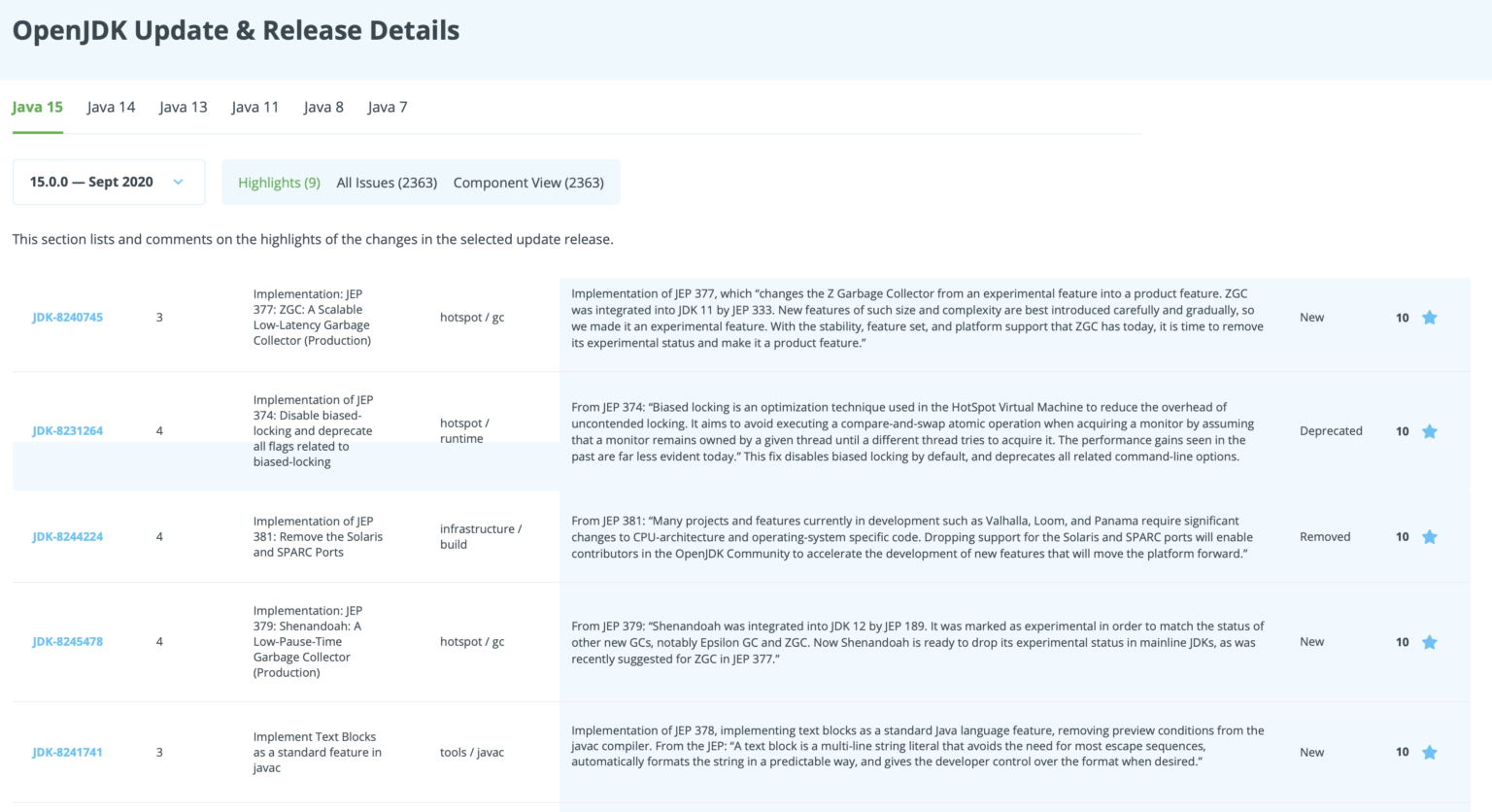

“Our collaboration with Azul delivered some great initial results already.” “Project CRaC’s checkpoint restore approach is very promising for the immediate startup of Spring applications on the JVM,” said Juergen Hoeller, Project Lead and Co-Founder of the Spring Framework project. “Azul is well known for originating this project, so it came as no surprise that they would also deliver the world’s first production-ready builds of OpenJDK with commercial CRaC support.” “CRaC has generated immense interest among the Java developer community and provides a compelling, resource-efficient approach for improving startup and warmup times,” said Sergio del Amo, Micronaut Product Development Lead. Taken together this means more efficient development and deployment of Java applications.”
#Zulu openjdk code#
When servers restart faster, you can perform more frequent updates to your application code and infrastructure.

If your container takes less time to warm up, you need fewer instances to handle the same load from the beginning. When serverless functions start faster, you pay less at scale. “Improving startup and warmup times is a perennial concern for Java developers, and CRaC provides a powerful new approach for solving this challenge,” said Simon Ritter, Deputy CTO and Java Champion, Azul. milliseconds instead of seconds or even minutes. This approach reduces Java application startup and warmup times by several orders of magnitude, i.e.
#Zulu openjdk full#
When performing a checkpoint, the full context of the application process is saved as an image, including its state and memory upon restore, the entire application and its state is rapidly reloaded and continues from the same point where the checkpoint was created.

Initiated in September 2021 as an OpenJDK project by one of the many Azul Java Champions as part of the company’s ongoing contribution to the Java community, CRaC allows a running application to pause, snapshot its state, and then restart later, even on a different machine. Alternative approaches such as ahead-of-time (AOT) compilation attempt to address similar problems, however they suffer from lack of full compatibility with the Java specification and decreased runtime performance. However, these approaches involve significant additional complexity and infrastructure overhead, increasing cost and driving down developer and operational efficiency. Traditional workarounds to this problem include containerization and caching, as well as load balancing, pre-loading, pre-optimizing, and pre-initializing application code. Slow startup and warmup times negatively impact Java application development and deployment. New Approach for Dramatically Improving Java Application Startup and Warmup Times It is ideal for serverless functions, containers, microservices and other use cases. One of the most highly anticipated features recently in the Java community, Coordinated Restore at Checkpoint (CRaC) represents a major milestone toward improving Java startup and warmup times. Azul Releases World's First Commercially Supported Builds of OpenJDK with CRaC FunctionalityĬoordinated Restore at Checkpoint (CRaC) Reduces Java Application Startup and Warmup Times by Orders of MagnitudeĪzul, the only company 100% focused on Java, today announced the general availability of and commercial support for Azul Zulu Builds of OpenJDK for Java 17 including CRaC functionality.


 0 kommentar(er)
0 kommentar(er)
